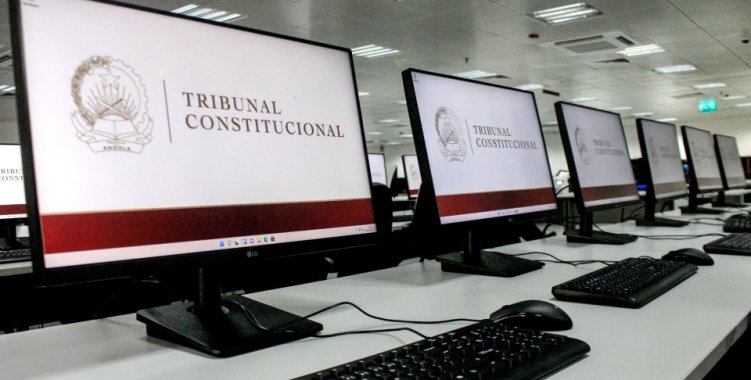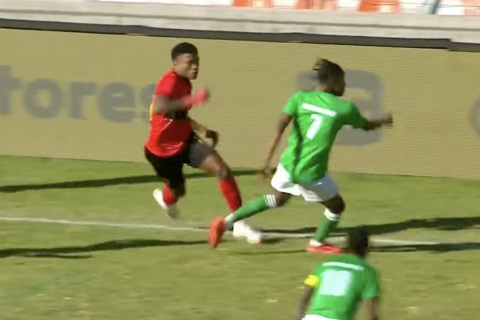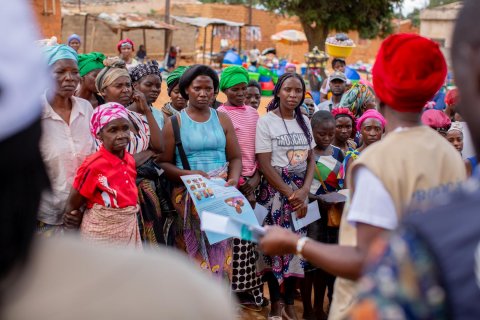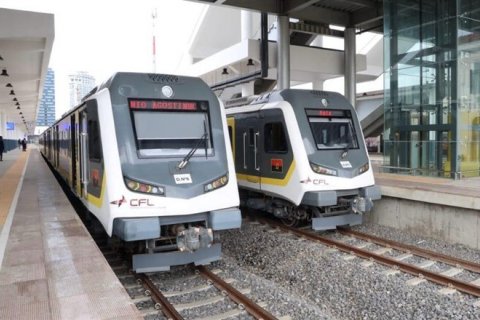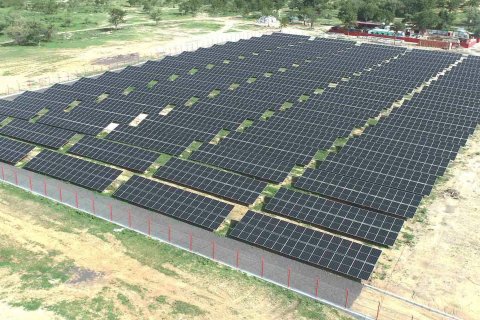With this legalization, expressed in a TC order signed by its president, Laurinda Cardoso, the new party will from now on be authorized to carry out party political activity, as well as organize and operate anywhere in the country, as per the principles of the Political Parties Law.
According to the order, cited by Jornal de Angola, the new political formation met all legal criteria: 7500 signatures required, as well as designations, symbols, flags and acronyms different from those of parties that were already legally established.
Furthermore, the order also highlights that the installation committee of the aforementioned party requested and obtained authorization to organize, establish and register political formation, in accordance with article 12 of Law no. 22/10 on Political Parties.
The president of CIDADANIA, Cláudio Brandão, speaking to Jornal de Angola, said that the installation committee plans to soon hold a press conference to publicize the objectives and reasons for the creation of the new party.
The new Angolan political denomination, in a press release, praised the work of the Constitutional Court in legalizing the party, stating that that body "has a fundamental role in the development of the democratic process and deserves the recognition of all Angolans".
"The political participation of everyone, especially the youngest, is the certainty that we are on the right path. Our party brings hope to the Angolan people, in particular to the suffering youth", the note reads.
With the legalization of CIDADANIA, the number of legalized parties in Angola rises to twelve, joining the MPLA, UNITA, FNLA, PRS, PDP-ANA, PADDA-AP, PALMA – Nova Angola, PNSA, PPA, Bloco Demático and the PHA.
Politician Abel Chivukuvuku has been trying to formalize his political project PRA JA-Servir Angola as a party since 2019 and, despite consecutive failures from the Constitutional Court, said, last week, that he was preparing a new installation commission and envisaged legalization by first quarter of 2025.
In April, the Constitutional Court (TC) again dismissed the claims of Chivukuvuku, currently a deputy of the UNITA parliamentary group, within the framework of the Frente Patriótica platform, as no new or supervening documents had been presented.
In 2020, the Constitutional Court definitively rejected the legalization of the PRA JA-Servir Angola, for "not addressing insufficiencies", with the process suspended for four years.

